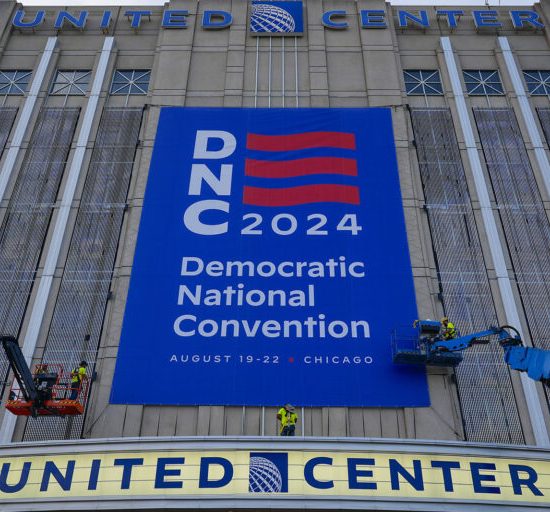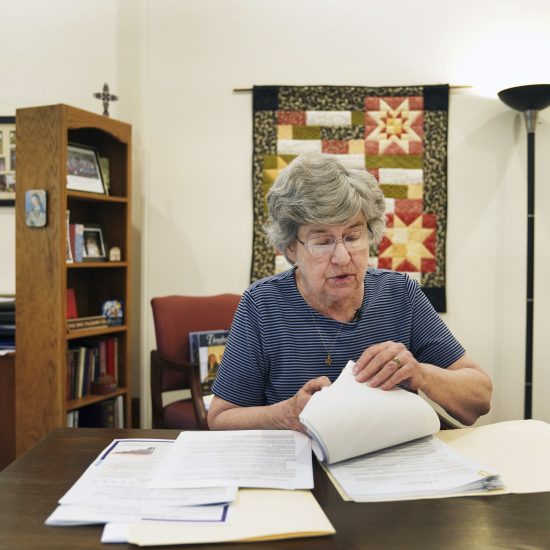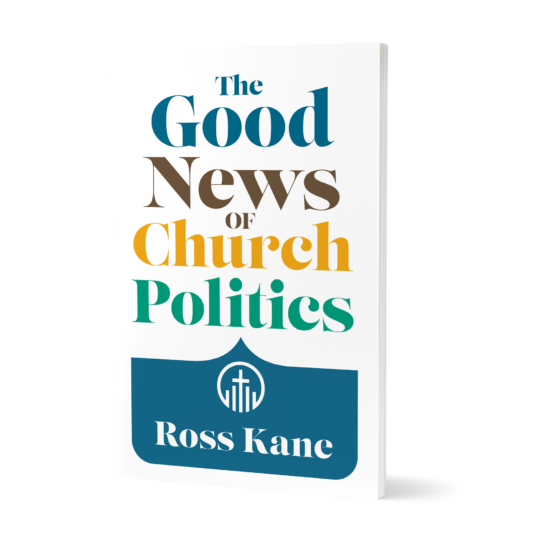KANSAS CITY – Proponents of tighter restrictions on predatory lending in Missouri believe the faith community should be among the staunchest advocates.
"Our strategy has always been that we want the faith community to lead this effort," explained Molly Fleming-Pierre, the spokesperson for Kansas City-based Communities Creating Opportunities and leader of that group's effort for fair lending practices. "The faith community is so important to Missouri…and it is a better way to reach people."
CCO and Missourians for Responsible Lending are behind the effort to lower and cap effective annual percentage rates at 36 percent and to limit fees and finance charges.
Under current state law, effective APRs on so-called payday loans can rise to as much as 1,950 percent, depending upon the fees charged. In Missouri, APR averaged 444.61 percent in 2010. The loan can be renewed up to six times, and individuals can borrow from more than one company.
Through a ballot initiative, scheduled to appear on the state's Nov. 4, 2012, ballot, proponents hope to cap the effective APR at 36 percent.
Payday loans were designed to be small, short-term loans to assist an individual or family in an emergency. The initiative also would include other forms of short-term credit, including title, installment and consumer credit loans.
Fleming-Pierre and CCO believe regulation of the unsecured loan industry is a moral issue. The industry takes advantage primarily of those least able to repay a loan and increases the chance that an individual or family will fall into a spiraling debt trap – continued borrowing to pay off previous loans.
The industry, on the other hand, claims that without payday and other short-term loans, some consumers would be forced to look for higher-cost alternatives and would end up paying more in late fees.
Lenders also cite analyses, including one by a Federal Reserve Bank economist, to support the continued need for unsecured loans.
Kelly Edmiston, senior economist for the Federal Reserve Bank of Kansas City, claims that "restrictions could deny some consumers access to credit, limit their ability to maintain formal credit standing, or force them to seek more costly credit alternatives."
While he addresses some of proponents' concerns about the debt trap, he focuses on the effects of banning the industry altogether, particularly in low-income areas where traditional credit often is unavailable.
His study cites examples of individuals whose car breaks down, which could result in loss of a job or missed car payments that would destroy a credit rating. He also claims that defaulting on a payday loan generally would not hurt the borrower's credit standing with traditional lenders, and that a payday loan fee might be lower than a late payment fee.
"Just to make the point that the need for loans exists doesn't make exploiting people okay," Fleming-Pierre said.
"At its [payday lending's] roots is a very moral issue…," she said. "Who is the moral voice…? It's the faith community…that reminds folks that this is a moral issue."
According to the Durham, N.C.-based Center for Responsible Lending, an estimated 12 million people get trapped in debt every year because of the high interest many payday lenders charge.
Both the CRL and the FDIC have called for the effective APR to be set no higher than 36 percent.
Related story:






